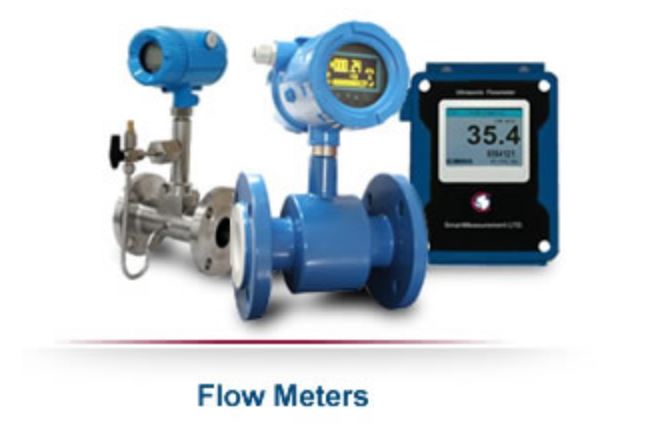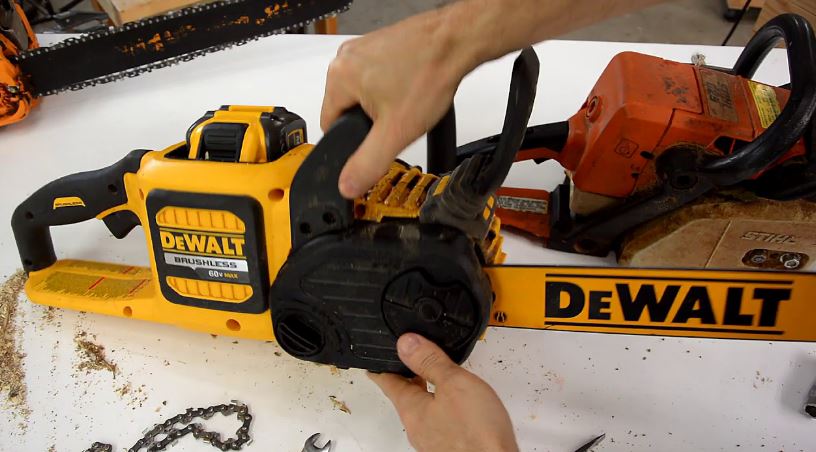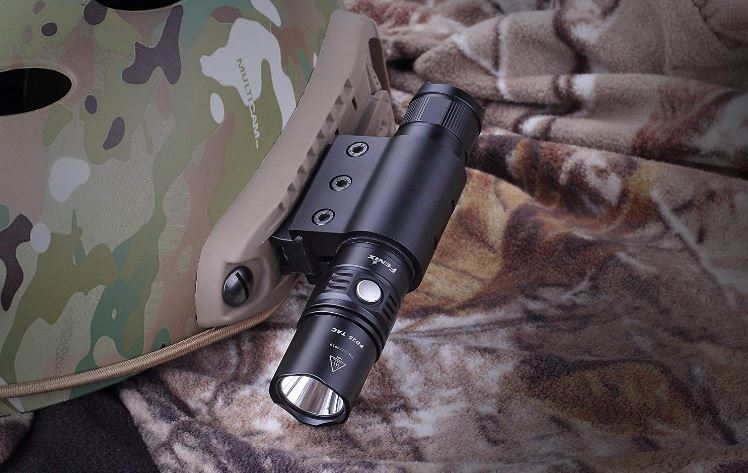Selecting the right flow meter does not differ significantly from choosing any other device because some basic criteria remain the same. However, besides doing your research about the manufacturer, prices, and deals, it is good to keep in mind a few basic things about water flow meters that could be helpful. That is why we created this brief guide that will provide you with all the basic information about these instruments and help you find the right one.

How Flow Meters Work
Flow meters are instruments used for measuring the volume of liquid or gas going through a pipe. They are also known as flow indicators, liquid meters, flow rate sensors, flow gauges, etc. Regardless of the name and industry they are used in, their primary purpose remains the same; they all measure the flow. However, there is no such thing as a universal meter that works with all applications, which is why choosing the right technology for your type of application is crucial. This technology is continuously improving, and there are so many new styles and types on the market that you should not go for the cheapest solution, but research thoroughly to discover their pros and cons.
6 Things to Consider When Looking for the Right Water Flow Meter
Investing in a specific flow gauge is a decision that should be made after you pay close attention to the following considerations:
Understanding the Process
A lot of times, people are not even sure if they even need to use them, and they often confuse flow indicators and meters. Indicators are far more affordable, and they just show the rate at which liquid moves through the pipe. That is why you need to understand the process and determine whether or not there is a need for flow meters. Also, another thing you should consider is how precise the measurement you need because not all meters are completely precise.
Cost-effectiveness
The simplest models come at a low cost, and their installation is not going to break the bank. However, their maintenance is usually more expensive, and their longevity is not the best. If you are on a budget, think about how you can save money long term, not just at the moment. High-quality meters are more expensive, but their durability and performance usually justify the price.
Know Your Flow
Every liquid behaves differently, and each has a different velocity of flow when running through a pipe. So by knowing exactly what type of liquid you are about to measure, you will be able to narrow down your options of meters. The flow profile depends on whether the fluid is Newtonian or non-Newtonian. For example, water, milk, and mineral oils are all Newtonian fluids. On the other hand, shampoos and paints are non-Newtonian fluids, and their behavior is not so easy to predict, and their flow tends to vary.
Where to Install Your Flow Meter
If you want your device to perform well, without something hindering its accuracy and efficiency, you have to select the place of installation carefully. The meter should not be located too close to joints, valves, or bends because something like this can hinder the accuracy of the meter. The best is to place it on the part where the pipe is straight. Also, check what every manufacturer recommends, especially if you don’t have a lot of places available.
How to Pick the Best Type
There are several types of flow meters, but you need to know your type of application before you opt for one. The most precise ones are positive displacement meters, but complete accuracy is not always necessary or the main criteria. Here are some of the most common types you can find on the market:
- Turbine
- Electromagnetic
- Ultrasonic
- Velocity
Where to Get the Rest of Equipment?
Flow meters usually require the following equipment, such as displays or computers that will monitor and process all the data coming from the meter. Although you can find all components on the market from various brands and suppliers, the best is to get everything from the same manufacturer. By doing so, you can be sure that all parts of your equipment were produced by the same standards and that they will certainly work well together. It will also ease the process of maintenance.
The Bottom Line
If you are using water for any manufacturing or industrial process, you can certainly benefit from having a liquid meter. There is a broad range of factors that could have an impact on the final decision, and you need to be careful, consult with a technician or manufacturer if you have any doubts, and pay attention to the things we pointed out.



